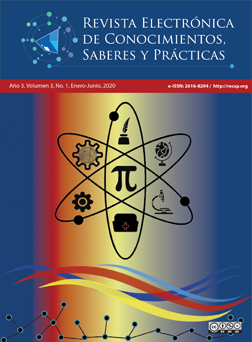Factores cognitivos que influyen en la adquisición del español como segunda lengua
Resumen
En las últimas décadas uno de los campos más fructíferos dentro de la investigación educativa en el campo de ELE ha sido la búsqueda incansable de los principales “factores asociados al aprendizaje de segunda lengua, en especial del español como Lengua Extranjera”. Desde diferentes perspectivas teóricas y áreas del conocimiento se ha intentado conocer las variables que inciden en los procesos de enseñanza y aprendizaje relacionadas con ELE, cuál es su importancia relativa y cómo podrían ser mejoradas y de esa manera lograr un mejor y mayor aprendizaje. Uno de esos factores que han sido objeto de estudio son los denominados factores cognitivos que, según los teóricos están intrínsecamente relacionados con los afectivos, puesto que ambos el aula de lengua puede contribuir a educar a los alumnos a vivir de forma más satisfactoria y a ser miembros responsables de la sociedad. Los cognitivos, no actúan por separado, sino que interactúan entre ellos. Por ejemplo, la inteligencia, juega un papel preponderante frente a la aptitud, el estilo cognitivo, metacognición, puesto que de ella depende, en gran manera, que haya una familiaridad con las palabras y, al mismo tiempo, la capacidad de razonar analíticamente sobre las situaciones del contexto educativo que surgen como resultado de las variables contextuales o de la aplicación de un método de enseñanza. De ahí que estos factores son determinantes en el proceso de enseñanza
de ELE, puesto que las estrategias de aprendizaje tienen el elemento en las que el alumno participa activamente y está implicado en el aprendizaje.



